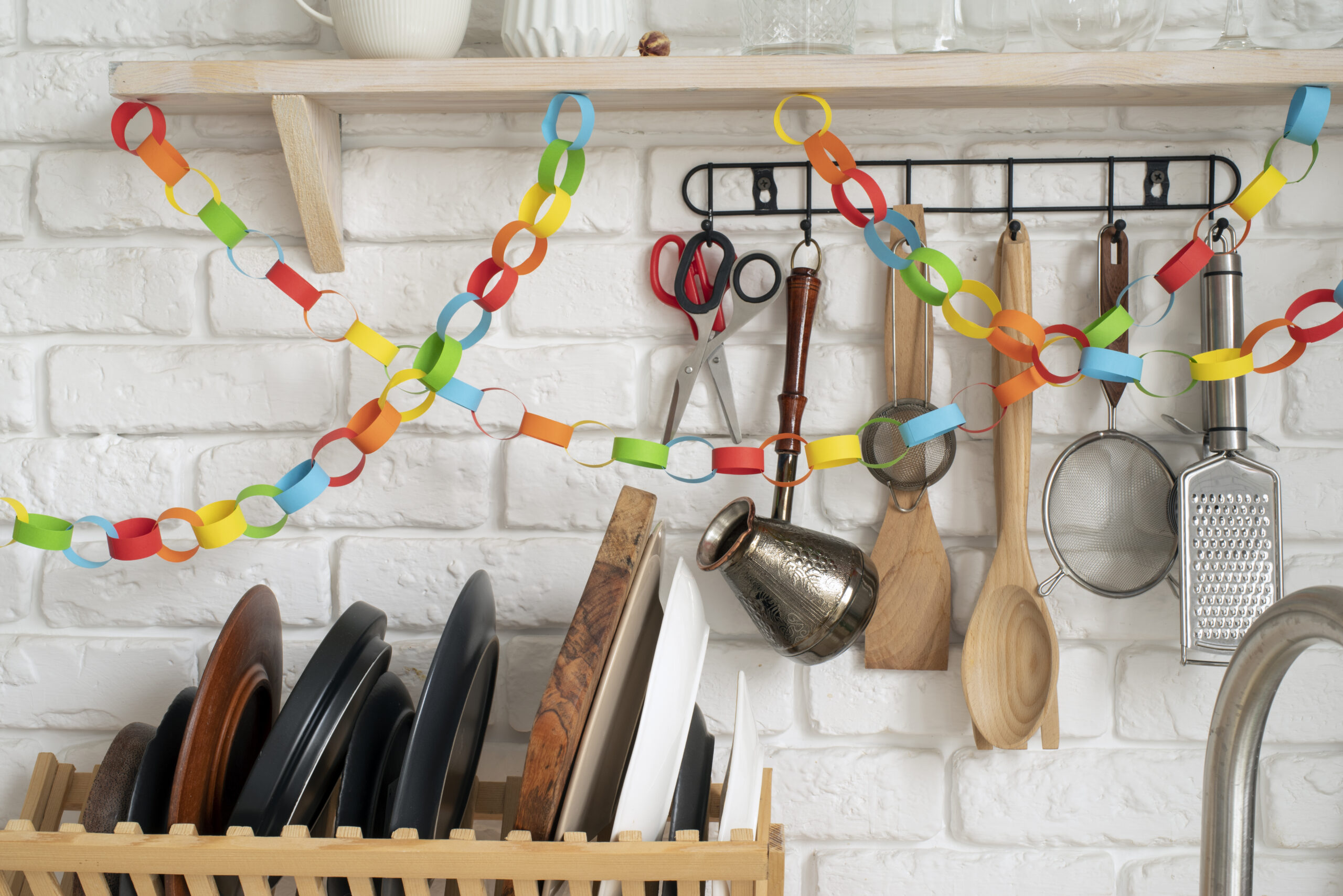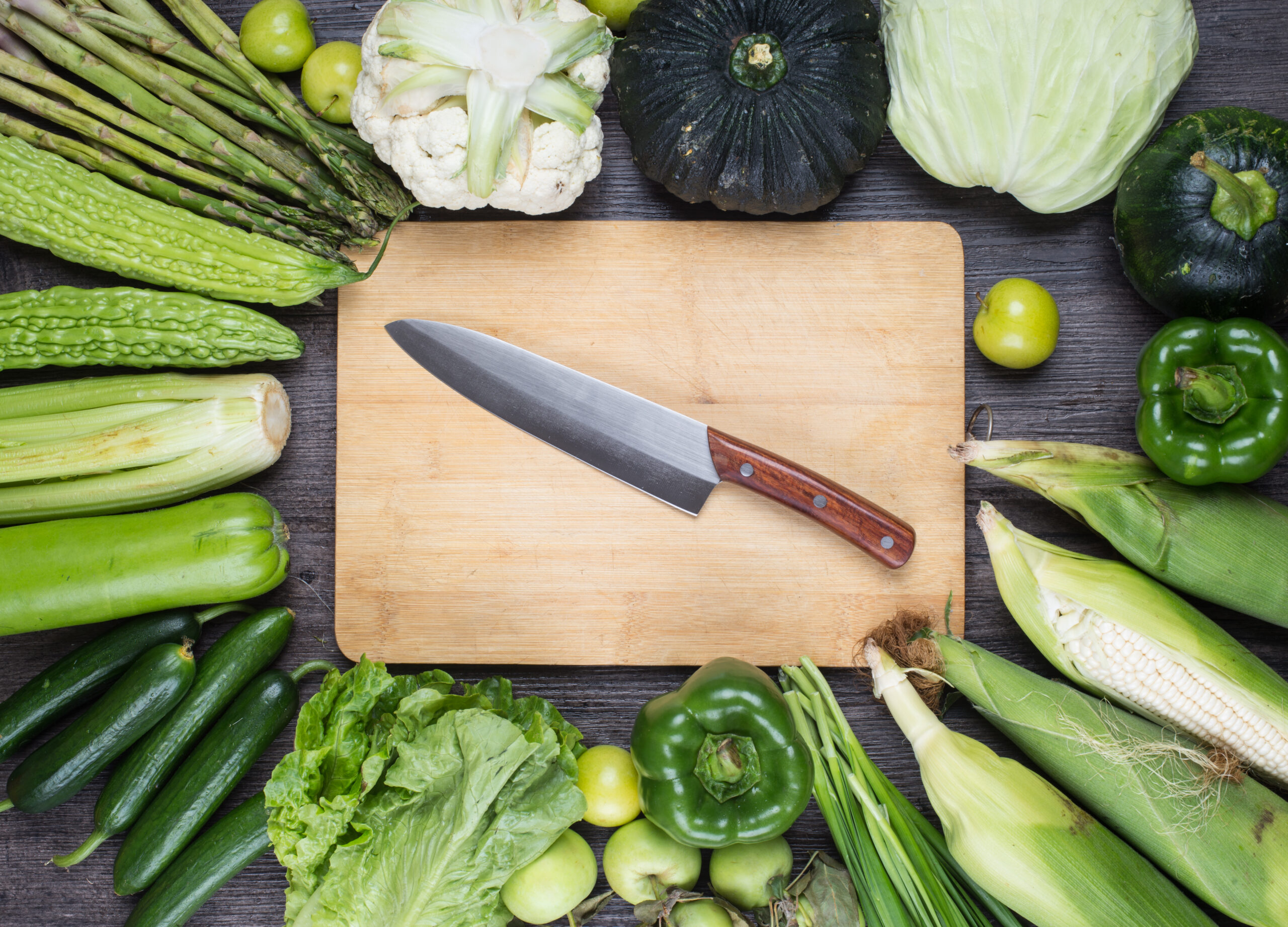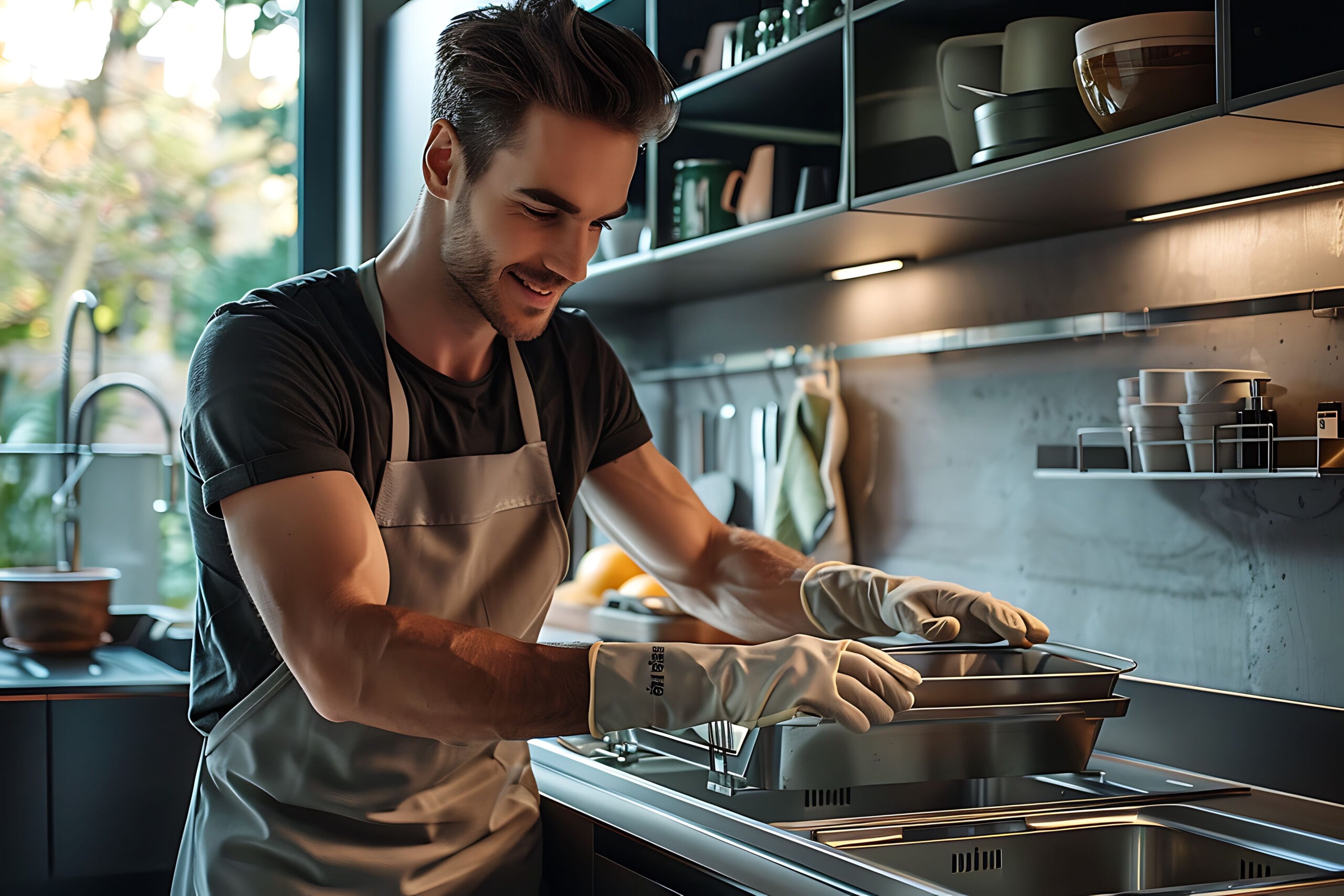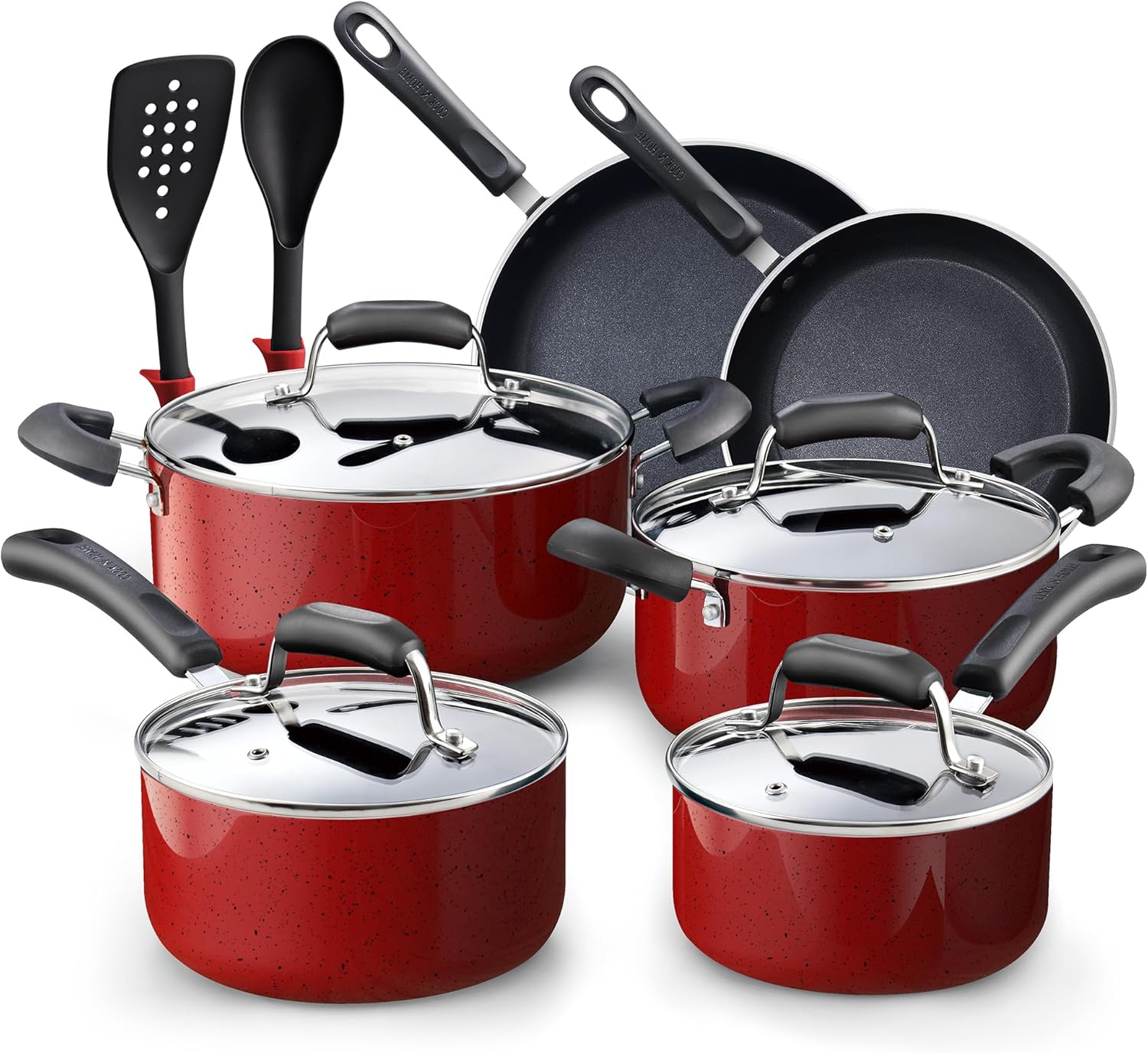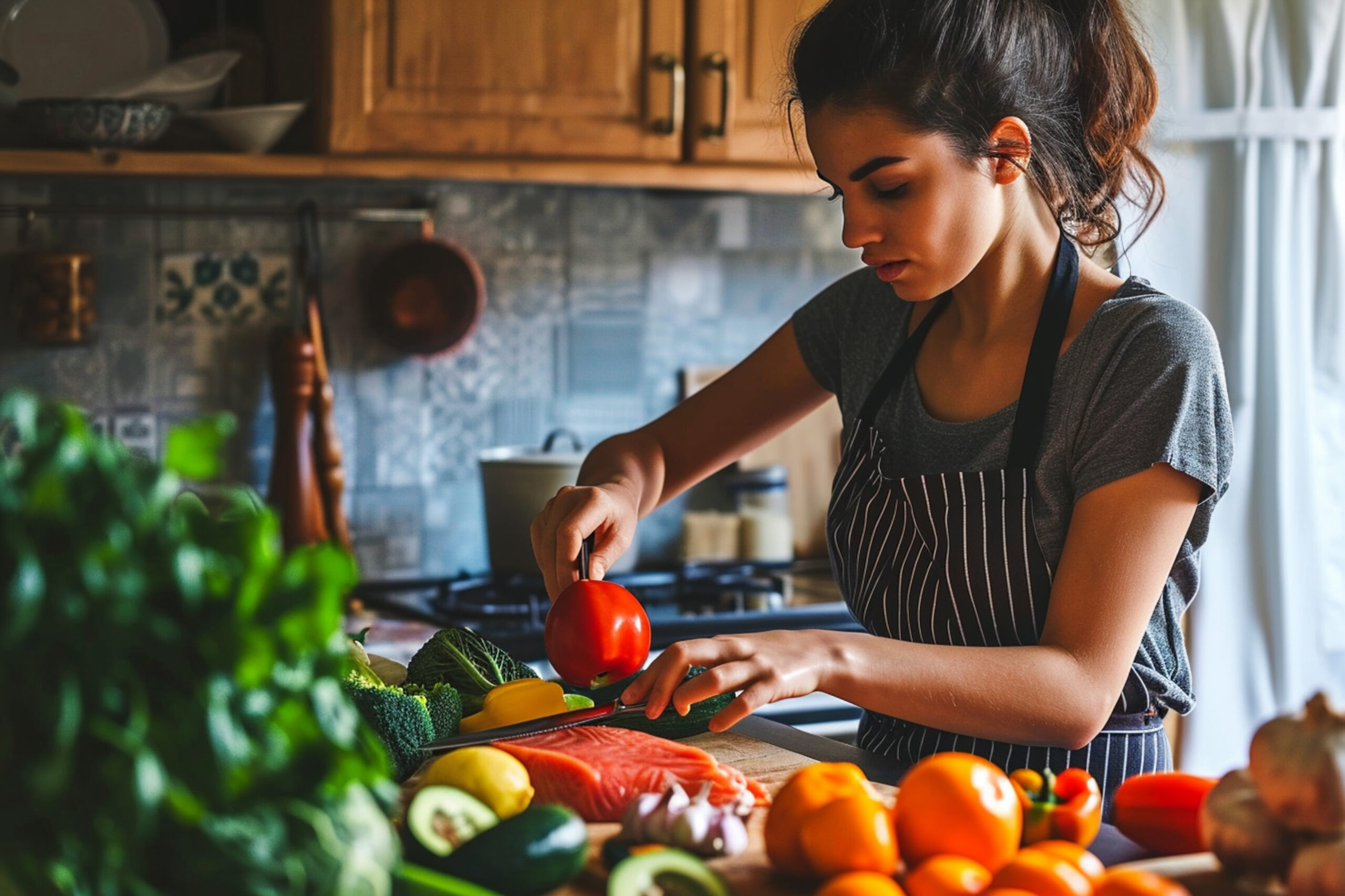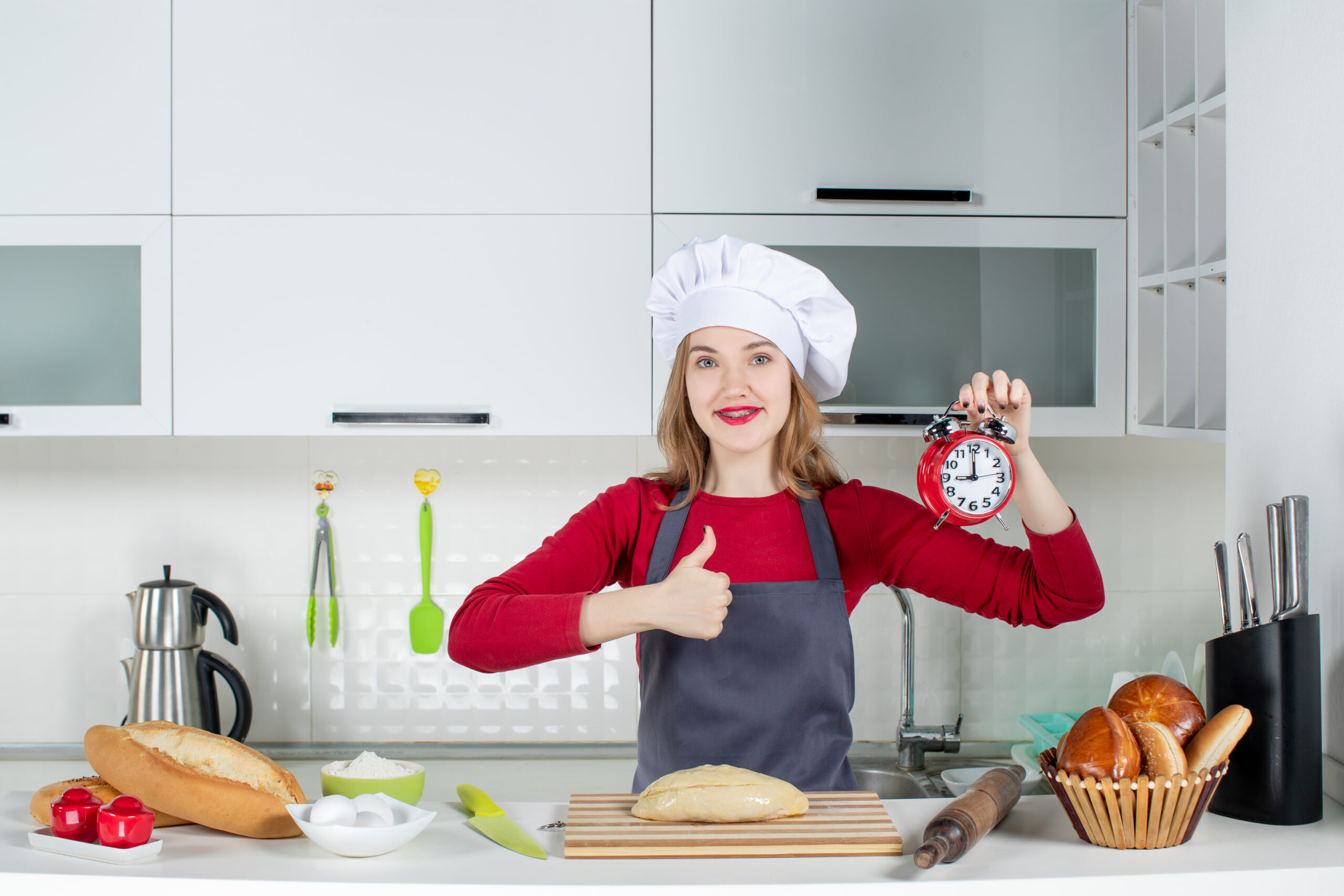Whether you’re a seasoned chef or a beginner learning the basics, having the right tools in your kitchen can make all the difference. Here’s a list of 10 essential kitchen tools that every home cook needs for a smoother and more enjoyable cooking experience. 1. Chef’s Knife A sharp, high-quality chef’s knife is the cornerstone of any kitchen. This versatile tool can handle most cutting tasks, from chopping vegetables to slicing meat. Look for a knife that feels balanced in your hand with a blade made of durable material like stainless steel or high-carbon steel. 2. Cutting Board Invest in a sturdy cutting board to protect your countertops and keep your knives sharp. Wooden or bamboo boards are gentle on knives and durable, while plastic boards are easy to sanitize. Consider having separate boards for raw meats and produce to prevent cross-contamination. 3. Non-Stick Frying Pan A non-stick frying pan is perfect for cooking eggs, pancakes, or anything delicate that requires a smooth surface. Choose a pan with a durable coating and ensure it’s PFOA-free for safer cooking. 4. Cast Iron Skillet Cast iron skillets are incredibly versatile and can be used for frying, baking, roasting, and even serving food. They retain heat well and develop a natural non-stick surface over time with proper seasoning.
A great knife set is the cornerstone of any well-equipped kitchen. Whether you’re a professional chef or a home cook, choosing the right knife set can make all the difference in your cooking experience. In this guide, we’ll explore how to choose the right knife set, the different types of knives included, and essential tips for maintaining them. 1. Why Invest in a Quality Knife Set? A high-quality knife set offers several benefits: 2. Essential Knives in a Standard Knife Set Here’s a breakdown of the must-have knives typically included in a set: 3. Additional Tools in a Knife Set Some knife sets come with useful extras, such as: 4. Factors to Consider When Choosing a Knife Set When selecting a knife set, keep the following in mind: a. Blade Material b. Handle Design Look for a handle that feels comfortable and secure in your hand. Popular materials include wood, plastic, and metal. c. Weight and Balance The knife should feel well-balanced and not too heavy or too light for comfortable use. d. Number of Knives Consider your cooking habits. If you’re a beginner, a smaller set with just the essentials might suffice. More advanced cooks might prefer a comprehensive set with specialty knives. e. Price and Warranty While good knives can be an investment, they are worth it for their longevity. Check for warranties or guarantees from the manufacturer. 5. Knife Maintenance Tips Proper care ensures your knives stay sharp, safe, and effective:
Cast iron cookware is known for its durability, versatility, and ability to improve with age. However, proper care is essential to ensure your cast iron pans last a lifetime and perform at their best. Whether you’re a seasoned chef or a beginner, these expert tips on seasoning, cleaning, and maintaining your cast iron cookware will help keep your pans in top condition. 1. Seasoning Your Cast Iron Pan Seasoning is the process of creating a natural, non-stick layer on your cast iron cookware. It’s a crucial step in maintaining your pan’s performance and preventing rust. How to Season Your Cast Iron: 2. Cleaning Your Cast Iron Cookware While cast iron is known for being low-maintenance, it still requires proper cleaning to prevent rust and preserve its seasoning. Avoid using soap or putting it in the dishwasher, as this can strip the seasoning. How to Clean Your Cast Iron: 3. Using Cast Iron Cookware The more you use your cast iron cookware, the better it gets. Cast iron actually improves with use, developing a naturally non-stick surface. Here are a few tips for using your cast iron pan effectively:
Choosing the right cookware is essential for creating a functional and enjoyable kitchen. Start by assessing your cooking style and habits. If you frequently cook simple meals, a basic set of versatile pots and pans might suffice. For more specialized cooking, consider adding a cast iron skillet, Dutch oven, or wok to your collection. Next, evaluate the material of your cookware, as it impacts performance and maintenance. Stainless steel is durable and versatile, while non-stick pans are perfect for low-fat cooking and easy cleanup. Cast iron offers exceptional heat retention but requires seasoning, while lightweight aluminum heats quickly and is budget-friendly. Copper provides professional-level temperature control but comes with a higher price tag and regular upkeep. Consider the essential pieces every kitchen should have: a frying pan for sautéing, a saucepan for sauces and soups, a stockpot for larger meals, and a baking dish for roasting or casseroles. Don’t forget to ensure your cookware is compatible with your cooktop—induction stoves, for instance, require magnetic-based pots and pans. Finally, factor in your budget. Quality cookware can be an investment, but you can start small by purchasing individual pieces or opting for a starter set. Proper maintenance, like handwashing non-stick pans and seasoning cast iron, can extend their lifespan. By understanding your needs and preferences, you can select cookware that enhances your cooking experience while complementing your kitchen.
Meal prepping is a game-changer for saving time and maintaining a healthy diet, but having the right kitchen tools makes the process even more efficient. Whether you’re a seasoned meal prepper or just getting started, these essential tools will help you streamline your cooking routine. First, invest in a set of high-quality knives. A sharp chef’s knife, paring knife, and serrated knife will make chopping, slicing, and dicing faster and safer. Pair this with a sturdy cutting board—preferably one that’s large enough to handle multiple ingredients at once. Next, a food processor is indispensable for tasks like chopping vegetables, shredding cheese, or making sauces and dips. For blending smoothies, soups, or batters, a high-speed blender will save you time and effort. For cooking large batches, a non-stick skillet and sheet pans are essential. They’re great for preparing proteins, roasting vegetables, and baking dishes all at once. Add a rice cooker or instant pot to your arsenal for hands-free preparation of grains, stews, and even desserts. Storage is another critical aspect of meal prep. Use stackable glass or BPA-free plastic containers with airtight lids to store prepped meals and snacks. Label them for easy organization and tracking. Finally, consider tools like measuring cups, silicone spatulas, and a mandoline slicer to speed up prep work and ensure consistency. With these essentials in your kitchen, you’ll cut down prep time and make healthy eating more convenient than ever.
Meal prepping can feel like a daunting task, but with the right kitchenware, you can save time and make the process much more efficient. Whether you’re preparing meals for the week or simply trying to streamline dinner time, these tools are must-haves for any meal prepper. A food processor is an invaluable tool for chopping vegetables, shredding cheese, or mixing dough in seconds. Pair it with a high-speed blender for smoothies, soups, and sauces to cover all your blending needs quickly and efficiently. For cooking, a multi-cooker like an Instant Pot is a game-changer. It combines the functions of a pressure cooker, slow cooker, rice cooker, and more, allowing you to prepare large portions of grains, proteins, or stews with minimal effort. Similarly, sheet pans and a non-stick skillet are perfect for roasting veggies or cooking protein in bulk. Storage solutions are just as critical. Glass meal prep containers with compartments help keep portions organized and fresh. Opt for stackable options to save fridge space and label them for quick identification. Additional tools like a mandoline slicer can speed up slicing tasks, while measuring spoons and cups ensure consistent portioning. A steamer basket is another handy addition for healthy, oil-free cooking. With these time-saving kitchen tools, meal prep becomes a breeze, helping you stay organized and stress-free while maintaining a balanced diet throughout the week.

 Cart is empty
Cart is empty 